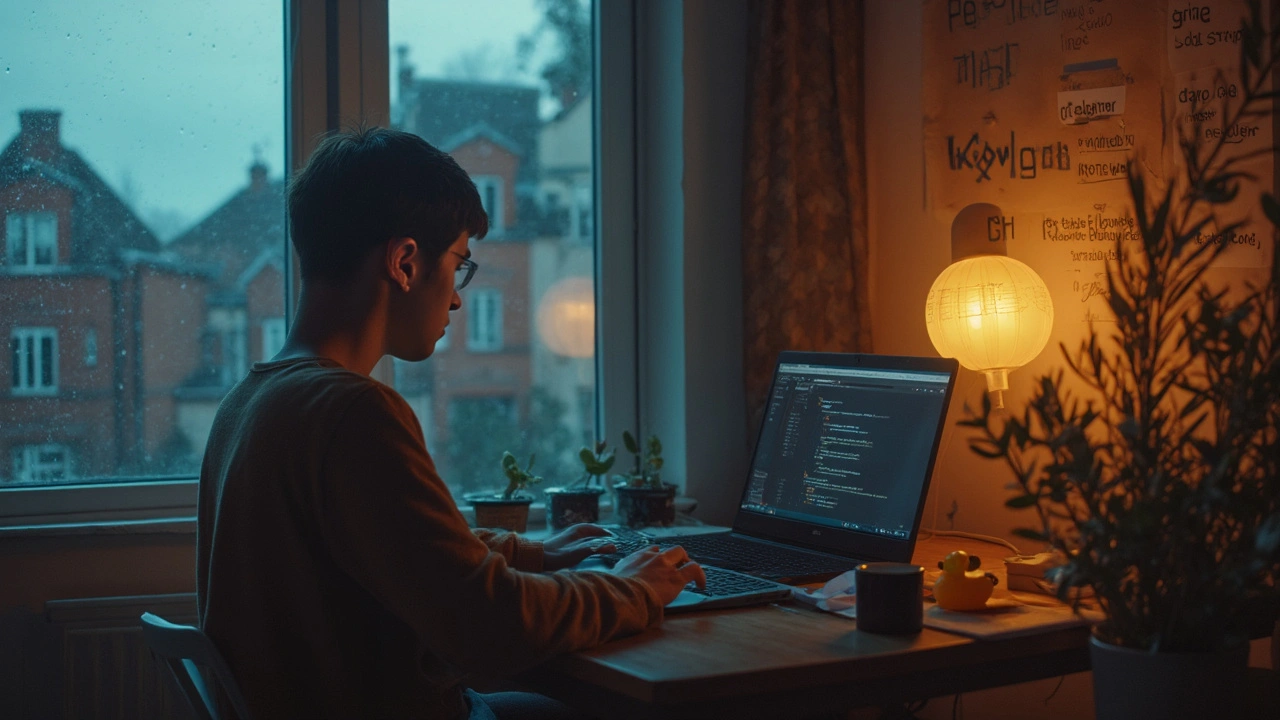Debugging Techniques That Save Your Code (And Your Sanity)
Ever spent hours wrestling with a stubborn bug in your code? You’re not alone. Debugging is a must-have skill for every coder, helping you understand why your program acts up and how to fix it fast. Let’s get into some practical, no-nonsense debugging techniques you can start using right now.
Start With Understanding the Problem
Before jumping into fixes, you need to know exactly what’s going wrong. This means reproducing the bug reliably. Can you trigger the error every time by following certain steps? If yes, that’s your starting point. Next, check error messages thoroughly — they’re clues, not annoyances. Sometimes a cryptic message points exactly where the problem lies. Don’t ignore the obvious like a typo or a missed semicolon; simple mistakes are the usual suspects.
Try to isolate the failing part of your code. Comment out chunks of code or add print statements to see where the flow breaks. This method, often called "print debugging," might feel old-school, but it’s super effective in many cases. Ask yourself: What just changed before the bug appeared? That small insight can save hours of guessing.
Use Your Tools Wisely
Modern coding environments come loaded with built-in debugging tools. Breakpoints let you pause your program at any line so you can inspect variables and execution flow step by step. This hands-on look makes spotting errors clearer than scanning lines blindly. If you’re new to debugging tools, take a few minutes to explore how your IDE or language debugger works — it’s worth the learning curve.
Besides debuggers, version control systems like Git can help. They let you track changes and pinpoint when a bug crept into your codebase, making it easier to understand which change caused the issue. Also, online communities and forums are gold mines when you hit a tricky bug. Chances are someone else faced it too and might have shared solutions.
Bottom line? Debugging isn’t just about fixing code; it’s about learning how your code behaves and getting better at predicting problems before they happen. Every bug squashed boosts your skill and confidence. Keep these tips handy, and your next coding session will be smoother and less painful.

- Nov 9, 2025
- Alfred Thompson
- 0 Comments
Mastering Code Debugging: The Key to Better Programming
Mastering code debugging is essential for every programmer. Learn practical steps, common mistakes, and proven tools to find and fix bugs faster-without guesswork or frustration.

- Aug 26, 2025
- Maxwell Sterling
- 0 Comments
Programming Tricks: Ultimate Guide for Aspiring Developers to Code Faster and Smarter
Practical programming tricks for aspiring developers: clear steps, real examples, checklists, and debugging tactics to ship faster with fewer bugs.

- Jul 29, 2025
- Andrew Harper
- 0 Comments
Code Debugging in Software Development: Essential Techniques and Tips
Explore the real-world challenges and clever techniques of code debugging. Dive deep into the process, myths, famous fixes, and practical expert advice every developer needs.

- Jan 2, 2024
- Clayton Shaw
- 0 Comments
Mastering Code Debugging: Essential Strategies for Enhancing Software Performance
Hey folks, it's fascinating how the process of debugging code is like hunting for those pesky bugs under the rocks of your software project. It's thrilling and sometimes maddening, but it's absolutely crucial for our success as developers. You see, when we dive into the code and dissect each line, we're not just fixing errors; we're sharpening our skills, ensuring our software runs smoothly and enhancing user satisfaction. In this read, I'll unravel the secrets behind successful code debugging and share tips that will make you a debugging wizard. Join me as we unlock the golden key that keeps our software treasure shining and problem-free!

- Aug 3, 2023
- Alaric Stroud
- 0 Comments
How to Streamline Your Code Debugging Process
Hey there, code wranglers! I've been diving deep into the exhilarating world of debugging, and boy, have I got some nuggets of wisdom for you! First up, streamline your debugging process by understanding your code like the back of your hand, or like your favorite TV remote. Get in there, break it down, and make your code's behavior predictable! Don't forget to use debugging tools - they're like the superhero sidekicks for every coder. Lastly, always remember to keep your code clean and cook it well-done, because nobody likes a messy kitchen or undercooked code! So, happy debugging, folks!

- Jul 28, 2023
- Alaric Stroud
- 0 Comments
Code Debugging: The Cornerstone of Effective Programming
Alright, my fellow cyber-warriors, let's delve into the nitty-gritty world of code debugging, the unsung hero of programming! Now, don't run for the hills just yet, it's not as scary as it sounds, I promise. Imagine code debugging as the Sherlock Holmes of coding, sniffing out those pesky bugs sneaking around in your code. It's a crucial part of programming, and trust me, it's what separates the rookies from the pros! So, put on your detective hat, and let's embark on a thrilling bug-hunting adventure together. Remember, every bug you squash is a step towards becoming a coding maestro!
